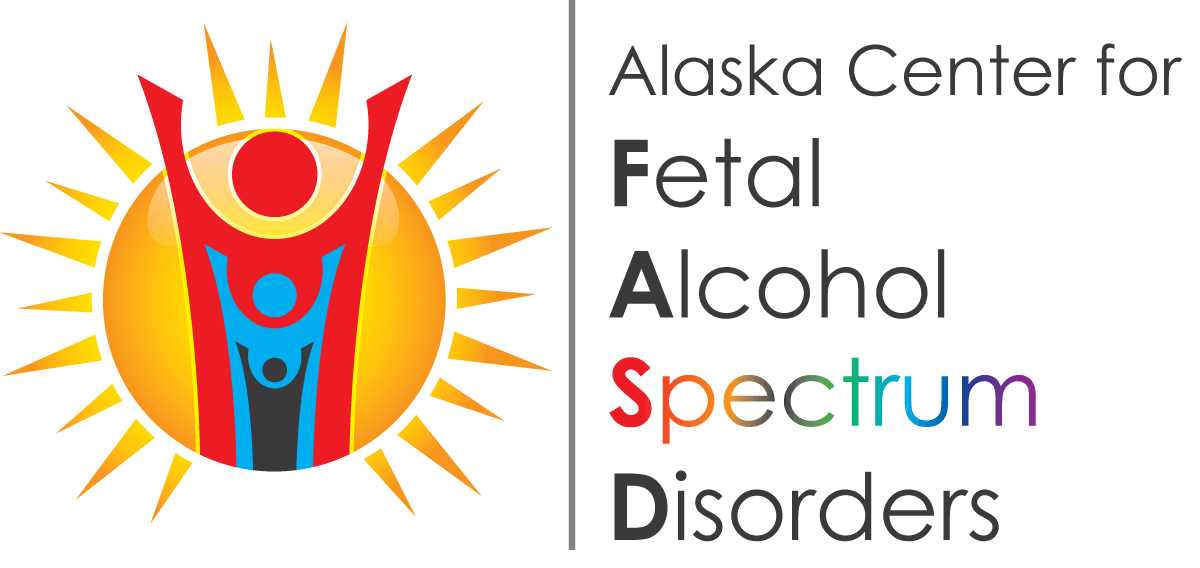Substance Treatment
Considerations related to FASD in Substance Treatment Programs
The U.S. Substance Abuse and Mental Health Services Administration (SAMHSA) has sponsored a significant amount of research and programs to determine what helps someone who experiences an FASD and addiction. See this document for recommendations for quality programs.
What are the Issues as to why individuals with FASD are not serviced well in alcohol and substance abuse programs? Here is what we know:
- Adults are more likely to have no formal FASD diagnosis
- Adults with FASD are less likely to attend and complete inpatient and/or outpatient treatment
- Adults with FASD in substance abuse programs experience significant cognitive, behavioral, health, and learning difficulties, including problems with memory, attention, cause and effect reasoning, impulsivity, receptive language and adaptive functioning difficulties
What interventions can be used to promote sobriety among individuals with FASD in substance abuse programs? Here is what we know about an “FASD-Informed Approach”
- Use first person language (person with an FASD, not that ‘FASD or addicted person’)
- Use clear, concrete, simple language, one instruction or step at a time
- Check for true understanding and literacy level
- Create a safe space for them to be open, honest about what they are experiencing
- Use modeling, coaching, and hands-on learning techniques
- Set goals/objectives and/or tasks in small, achievable steps
What substance abuse treatment accommodations and interventions can be used to promote sobriety among individuals with FASD in substance abuse programs? Here is what we know
- Use flexibility and an individualized approach
- One-to-one and outreach focused
- Holistic approach- think FASD is a ‘whole body’ condition, brain is different but body may be as well
- Be consistent in scheduling (same day, same time, etc.)
- Involve the family and support people (as they can help to be the needed ‘external brain’)
What Physical Environment-Related FASD-Informed Accommodations can be considered? Here is what we know
- De-clutter physical environment of visual distractions (fluorescent lights or noise may bother them, bright colors/objects might distract them)
- De-clutter physical environment of noise/auditory distractions (ticking clocks, etc. may distract them)
- Use visual aids to help them retain information better
- Have a calm, quiet space for interviews or meetings
- Allow the person to seek movement or use a fidget when needed (they may need to do this to pay attention)
For an excellent summary of accommodations that are helpful for individuals with FASD go to this article about the impact of prenatal alcohol exposure on addiction treatment.
NEW APP RESOURCE AVAILABLE
Step Away is a stand-alone alcohol intervention app (developed by researchers at UAA) that helps a person with an alcohol use problem manage their drinking privately and effectively. It helps a user:
- Gain awareness of their problem and develop motivation to make a change
- Set a goal and receive continual feedback on their progress
- Learn new strategies for managing drinking triggers
- Get help with cravings, stress and anxiety
- Set up a support team and call on them when needed
- Set up customized features that reflect their patterns and preferences
